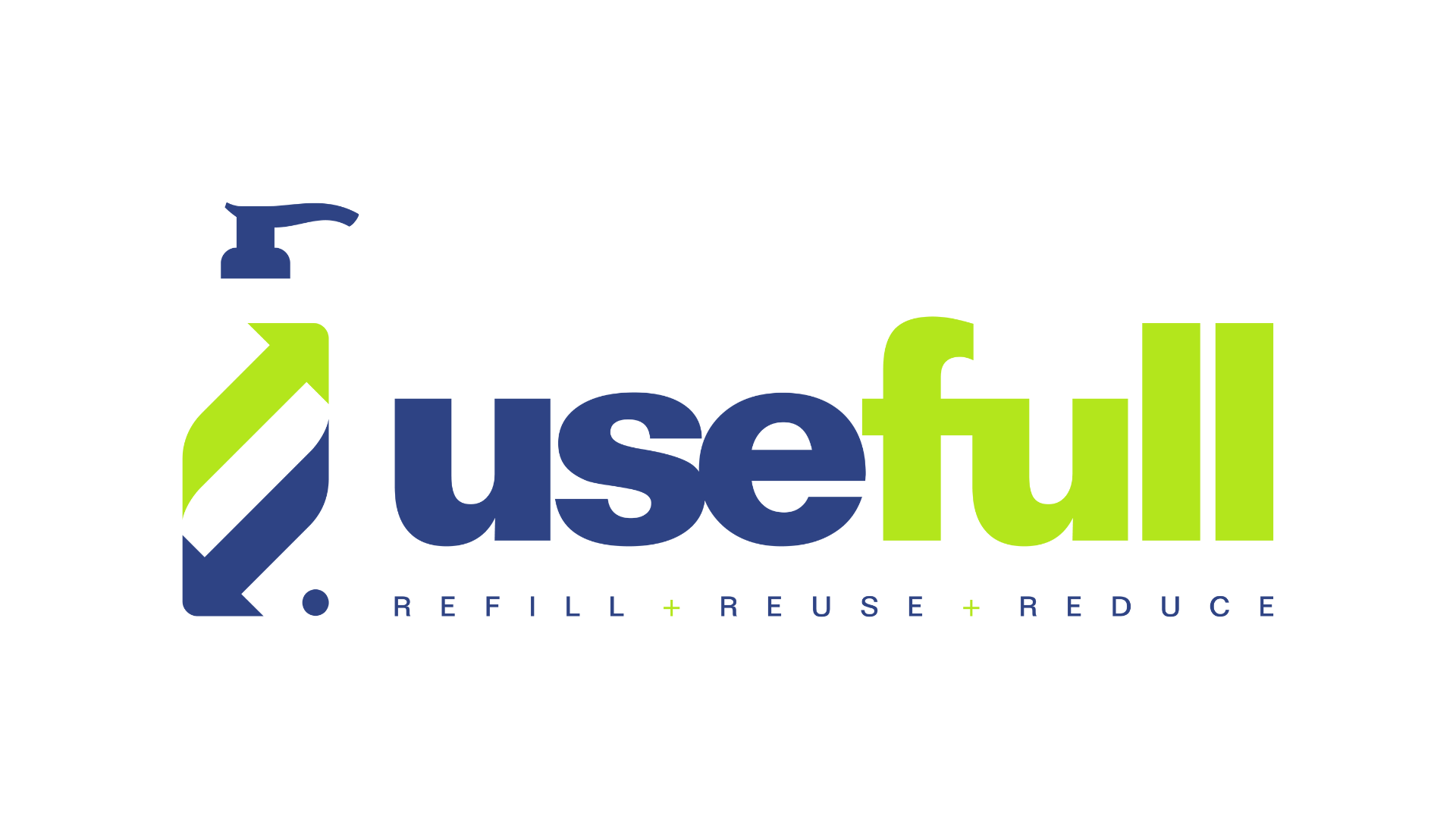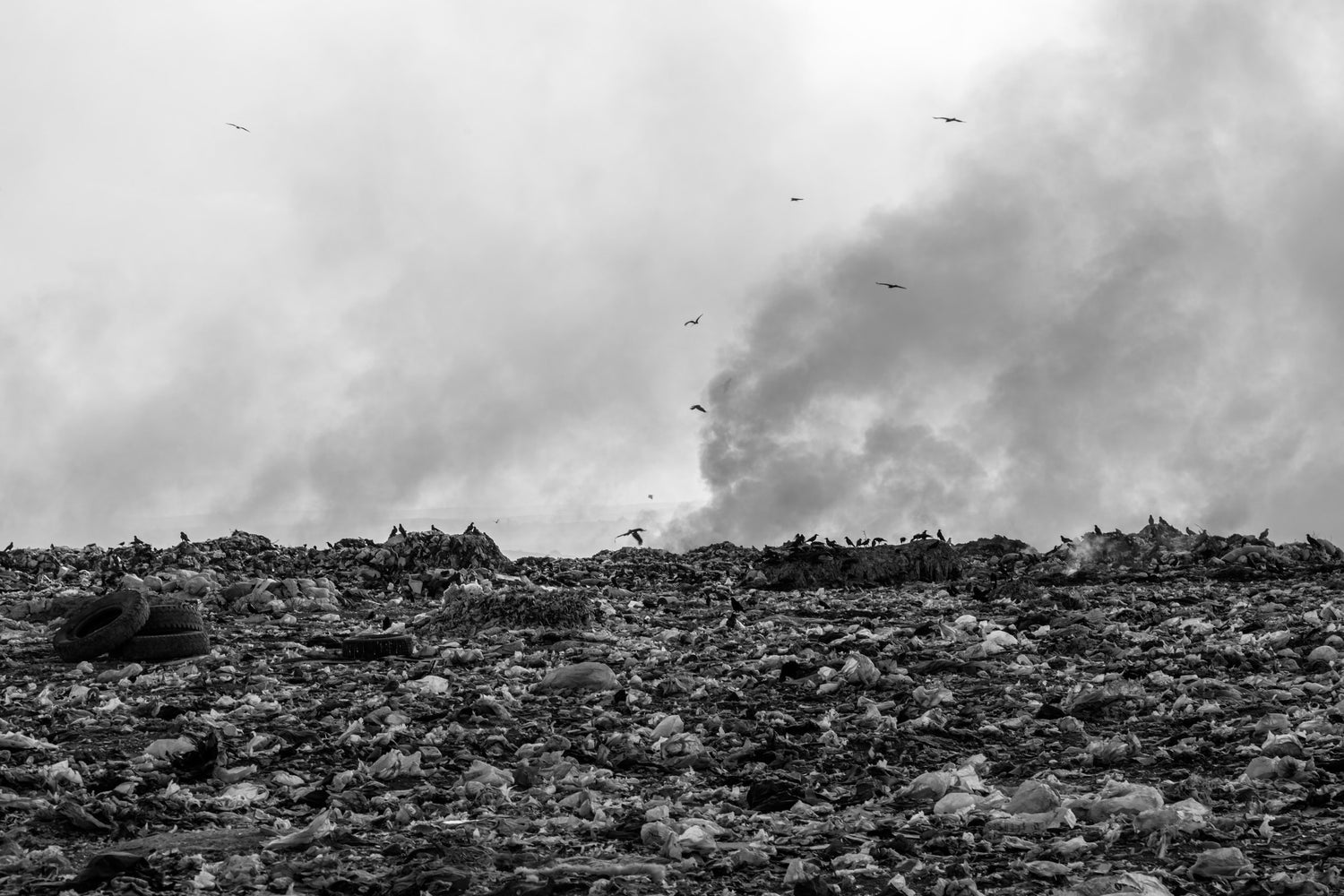Why Refill?
Our goal at usefull is to help you "use in full". By providing a refill service, we're helping people reuse and reduce plastic waste.
Why are plastics so bad, anyway?
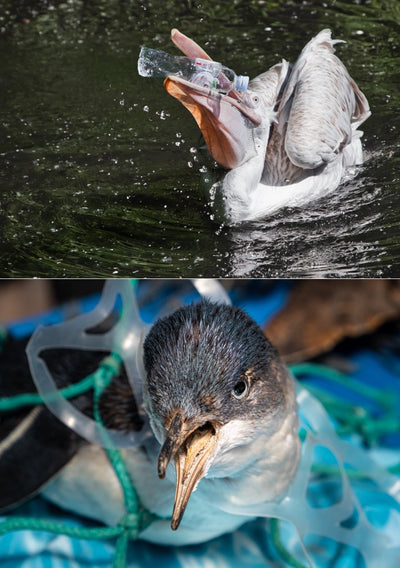
Plastic waste is toxic to animals and humans
The short answer is that plastics are made from fossil fuels (oil & natural gas) and has other chemicals added to it (to make it stronger, flexible, heat resistant, etc.), which are highly toxic.
So when animals and humans ingest tiny pieces of plastic from food, water and the air, we're basically swallowing toxic chemicals. Scientists are studying the long-term effects of microplastics on living organisms, and early data suggests these microplastics can wreak havoc on organs and basic body functions like our metabolism.
And it's not just seafood where microplastics have been found, they've also been found in bottled water, beer, honey, sea salt, and more.
Moreover, plastic trash that drifts or is dumped into the ocean or waterways can obstruct habitat, hurt and strangle animals, and be confused for food.
What about recycling?
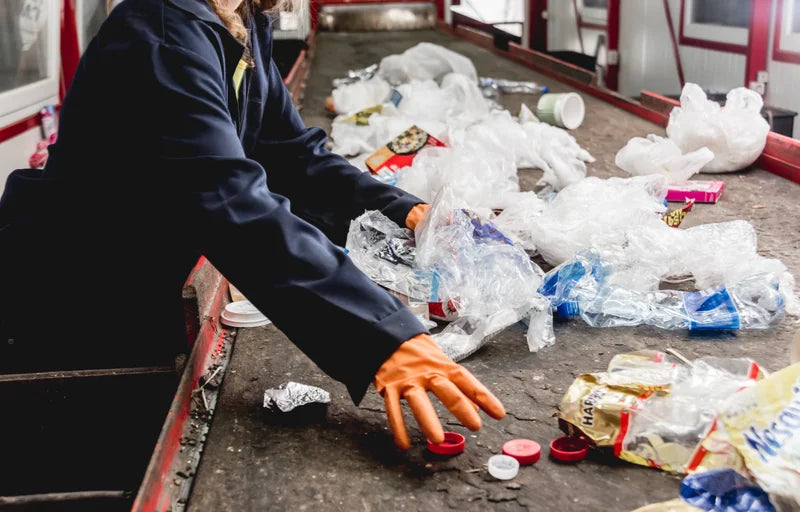
Recycling should be the last option, not the first
Recycling does not solve the plastic pollution problem because it is costly, takes a lot of resources and is very hard to do at mass scale. Here's why:
1) Plastic degrades every time it is recycled, therefore plastic can't be recycled more than 2 or 3 times
2) Recycling plastic is incredible costly (think of the collecting, sorting, cleaning, etc.) and it's also resource intensive
3) A lot of single-use plastic like straws or grocery bags are too small or thin to be recycled
4) It's more expensive to recycle plastic than to make new plastic from oil
This is why 91% of plastic in the world does NOT get recycled - that's billions of tons of plastic.
This is why it's so important to first and foremost, REDUCE virgin (or new) plastic, and REUSE the plastic things we already have. Remember, the sustainability mantra is refuse & reduce first, then reuse & repurpose, and recycle as a last resort.
How much difference can one person make?
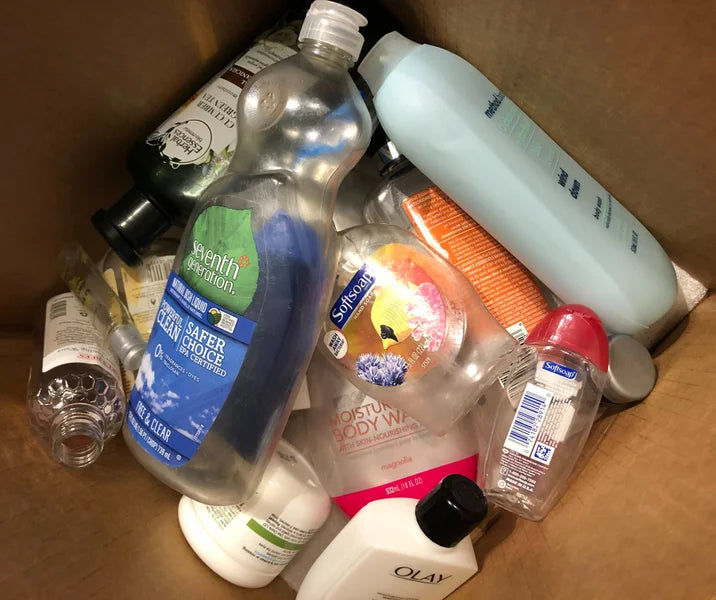
Personal action matters
This photo is my personal plastic toiletry trash for one year. Now multiply that by 30+ years. By reusing these bottles through refilling, I can avoid adding over 500 plastic bottles into our ecosystem in my lifetime!
One person may not save the earth, but that's not what is asked of us - what each of us can do is contribute to a healthier, more sustainable environment.
Don't underestimate the impact YOUR actions can make!
Check out our list of refillable products.
Sources (they're really good reads)
The world's plastic pollution crisis explained, National Geographic, Jun. 2019
A whooping 91% of plastic isn't recycled, National Geographic, Dec. 2018
There is plastic in your fish, Forbes, Jan. 2020
How big oil misled the public into believing plastic would be recycled, NPR, Sept. 2020
